detail profile tsao chien
Peran Yang Di Mainkan Tsao Chien
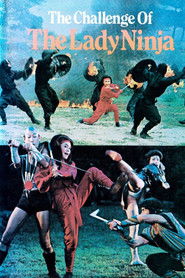 During the Japanese occupation of Shanghai...
During the Japanese occupation of Shanghai...The Challenge of the Lady Ninja 1983
During the Japanese occupation of Shanghai, a Chinese woman trains in the covert arts. When she arrives in Hong Kong, she learns that her brother works on behalf the Japanese cause. She then pulls together a team of women warriors to stop her brother
 Angelo Mao Judy Lee and Barry...
Angelo Mao Judy Lee and Barry...Swift Shaolin Boxer 1978
Angelo Mao, Judy Lee and Barry Chen star in this tale of murder, intrigue and betrayal. When two separate imperial agents stay in the same room at different times are both offed, foul play is afoot. After passing his five challenges required to qualify for the mission, Agent Ho Kun is dispatched to the town where the murders took place, to stay in the aforementioned room and complete the mission bestowed upon his ill fated colleagues. Upon discovering that some of the local contacts are employed by the antagonist of this tale, things start to get complicated.
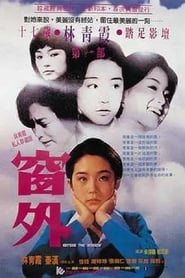 Brigitte Lins debut film is a...
Brigitte Lins debut film is a...Outside the Window 1973
Brigitte Lin's debut film is a melodrama in which her character gets involved in a socially unacceptable relationship and then forced into marriage.
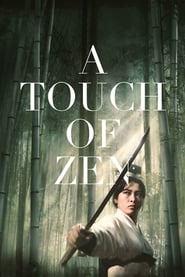 Gu Shengzhai an artist in his...
Gu Shengzhai an artist in his...A Touch of Zen 1971
Gu Sheng-zhai, an artist in his early 30s, still lives with his mother, but he is suddenly shaken by the arrival of Yang Hui-zhen, a mysterious princess on the run. Yang brings Gu into her circle of protectors, including a nameless monk whose spiritual guidance transforms him into a valiant fighter.
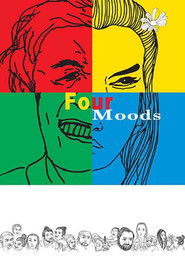 Directed by some of most well...
Directed by some of most well...Four Moods 1970
Directed by some of most well known Chinese-language directors of the time, the portmanteau film Four Moods was an attempt to alleviate Li Han-hsiang’s financial troubles during the late 1960s. Arguably one of his best works, King Hu’s short Anger is an adaptation of the famous Peking opera San Cha Kou; set to opera instrumentation and stylishly shot, the film deftly captures the tense showdown between political schemers, avengers and vagabonds inside an inn. Li Han-hsiang’s Happiness, inspired by the Strange Tales of Liaozhai, tells a tale of reprieve for a kind-hearted ghost, while Pai Ching-Jui’s Joy and Lee Hsing’s Sadness both explore the fateful encounters between mortal men and ghostly women.
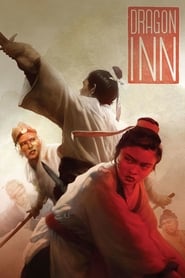 China year 1457 The Minister of Defense...
China year 1457 The Minister of Defense...Dragon Inn 1967
China, year 1457. The Minister of Defense is executed, and his children are sentenced to exile by order of the tyrannical Tsao. Fearful of future revenge from the young people, Tsao sends cruel soldiers to murder them, but a brave group of swordsmen can change the course of the battle at the Dragon Inn.
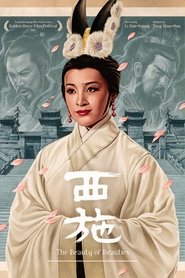 Hsi Shih The Beauty of Beauties...
Hsi Shih The Beauty of Beauties...Beauty of Beauties 1965
Hsi Shih: The Beauty of Beauties was one of the most ambitious films made in the Taiwan film industry in the 1960s. After leaving The Shaw Brothers studio in Hong Kong and moving to Taiwan, filmmaker Li Han-hsiang mounted this historical epic. Told through the story of Xishi (Hsi Shih), one of the 'Four Great Beauties' of Chinese history, the film portrays the war between two Chinese Kingdoms during the Warring States Period (475-221 B.C). After the kingdom of Yue is defeated by the kingdom of Wu, King Goujian of Yue takes pains to prepare for his revenge and rebuild his country. Knowing that King Fucha of Wu is lewd and lustful, he offers Xisi to the court of Wu to serve as Fucha’s concubine, with Fucha unaware that she is also a spy. She uses her charm to draw Fucha away from his office and governance, while King Goujian rallies his forces together to attempt to reclaim his lands.
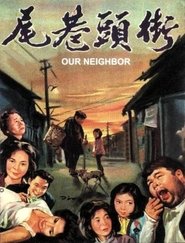 An orphaned girl in a povertystricken...
An orphaned girl in a povertystricken...Our Neighbor 1963
An orphaned girl in a poverty-stricken neighborhood is adopted by a kindly neighbor. He struggles to support her honestly, despite opportunities to participate in a neighbor’s scurrilous get-rich-quick schemes. Invoking the pain of Chinese exiles living in Taiwan, or missing relatives still in China, the touching film posits an in-between historical period during which it is crucial for displaced residents to maintain virtue as a bedrock of identity.
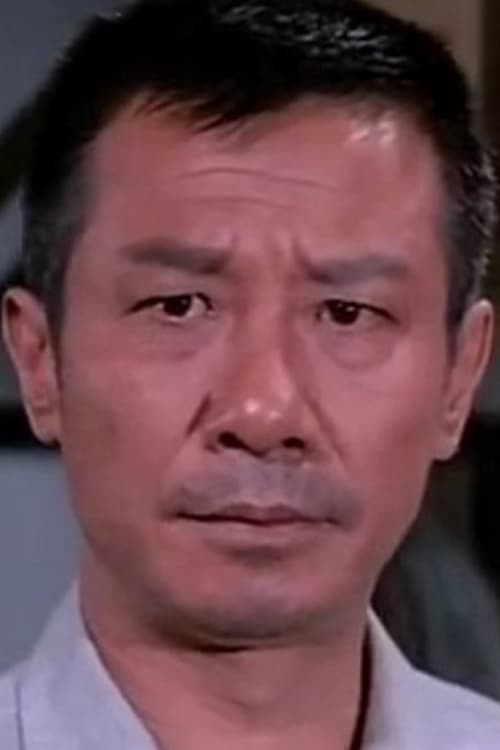
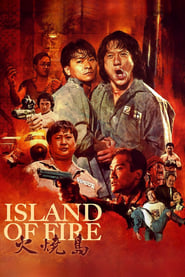 Someone in a prison run by...
Someone in a prison run by...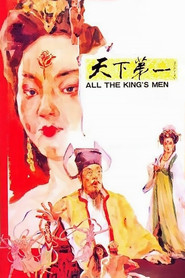 Its the 10th century BC the...
Its the 10th century BC the...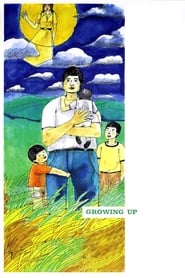 The story follows a young man...
The story follows a young man...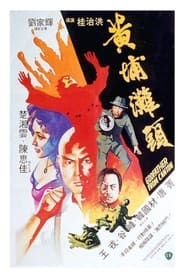 A coolie is ofter a job...
A coolie is ofter a job...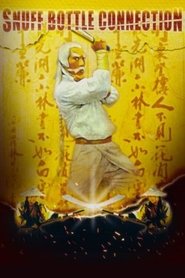 As China and Russias governments are...
As China and Russias governments are...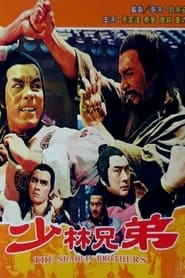 Complicated mix of Chinese history and...
Complicated mix of Chinese history and... A young man joins a kungfu...
A young man joins a kungfu...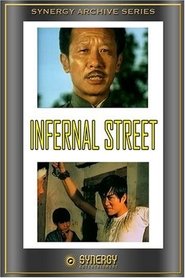 A Chinese doctors assistant fights the...
A Chinese doctors assistant fights the... Leaving the poverty of his life...
Leaving the poverty of his life...